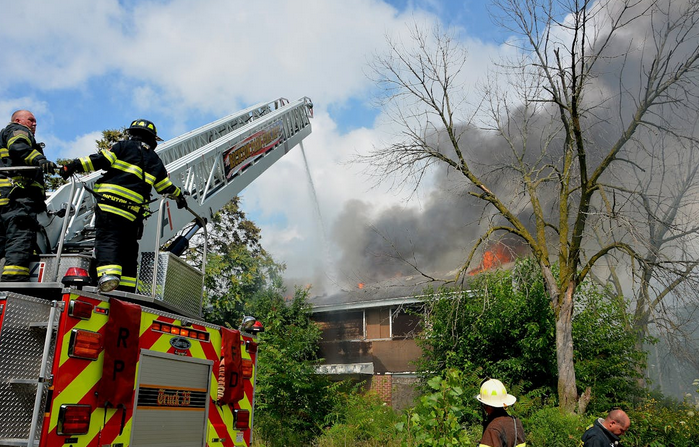How Fire Damage Affects Your Home’s Market Price and What to Expect
Fire can be both a devastating force and an unexpected turning point in your life. When it strikes, the immediate aftermath is often filled with chaos and uncertainty. Not only do you have to deal with the emotional toll of losing your belongings, but there’s also the looming question: how will this affect my home’s market price? Understanding fire damage goes beyond just assessing physical destruction. It’s about grasping its financial implications as well. Whether you’re looking to sell or simply trying to regain stability, knowing what impacts your home’s value post-fire is crucial. In this article, we’ll explore how to sell house with fire damage and provide practical steps for navigating the selling process effectively.
Factors That Affect the Extent of Fire Damage
The extent of fire damage to a home varies significantly based on several factors. First, the type of materials used in construction plays a crucial role. Homes built with wood tend to catch fire more easily than those made from brick or concrete. Next, how quickly the firefighters respond is vital. A rapid response can limit the spread and intensity of flames, reducing overall damage. Additionally, the presence of flammable materials within the home, like furniture, curtains, and chemicals, can exacerbate fire effects.
How Fire Damage Can Decrease Your Home’s Value
Fire damage can significantly impact your home’s market value. Even if repairs are made, the stigma of fire remains and can deter potential buyers. Buyers often see a property that has been through a fire as risky. They may worry about hidden damages or future problems with structural integrity. This perception can lead to lower offers, sometimes thousands below market value. Insurance claims play a role, too. If you’ve filed for extensive damage restoration, this information could surface during inspections or appraisals. Transparency is essential but might raise red flags for prospective homeowners.
The Importance of Properly Documenting and Insuring Your Property
 Proper documentation of your property is crucial, especially in the event of fire damage. Photographs, receipts, and records can serve as evidence to support your claims. This information plays a vital role when negotiating with insurance companies. Having adequate insurance coverage cannot be overstated. It ensures that you are not left facing insurmountable repair costs alone. Know the specifics of your policy, what it covers, and what it doesn’t. After any incident, prompt reporting to your insurer helps expedite claims processing. Be thorough in detailing everything affected by the fire. Even minor damages can add up significantly over time.
Proper documentation of your property is crucial, especially in the event of fire damage. Photographs, receipts, and records can serve as evidence to support your claims. This information plays a vital role when negotiating with insurance companies. Having adequate insurance coverage cannot be overstated. It ensures that you are not left facing insurmountable repair costs alone. Know the specifics of your policy, what it covers, and what it doesn’t. After any incident, prompt reporting to your insurer helps expedite claims processing. Be thorough in detailing everything affected by the fire. Even minor damages can add up significantly over time.
Tips for Negotiating With Insurance Companies for Fair Compensation
Negotiating with insurance companies can feel daunting, but being prepared is key. Start by thoroughly understanding your policy. Know what’s covered and any limits that apply. Gather all necessary documentation. This includes photographs of the damage, repair estimates, and a detailed inventory of lost items. The more evidence you present, the stronger your case will be. Don’t accept the first offer immediately. Insurance companies often start low to gauge your response. Be assertive in discussing your needs and justifying why you’re seeking a higher amount.
How to Increase Your Home’s Market Price After Fire Damage
Restoring your home after fire damage is crucial for boosting its market price. Start with thorough repairs, addressing structural issues, and replacing damaged materials. A well-done restoration can significantly improve first impressions. Consider enhancing aesthetics as you rebuild. Fresh paint, new flooring, and updated fixtures not only refresh the space but also attract potential buyers. Pay attention to landscaping. A tidy exterior goes a long way in creating appeal. Energy efficiency upgrades are another smart move. Installing modern insulation or energy-efficient windows can lure eco-conscious buyers while adding value.
Fire damage can significantly alter your home’s value and marketability. Understanding the reasons behind this shift is crucial for homeowners facing such unfortunate circumstances. By being aware of how fire damage affects property prices, you can take proactive steps to mitigate losses. It’s important to assess the extent of the damage accurately. Factors like structural integrity, smoke contamination, and even neighborhood perception play a role in determining your home’s new market price. With proper documentation and insurance coverage, you can navigate through the aftermath more effectively.

